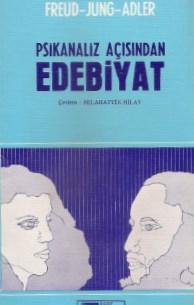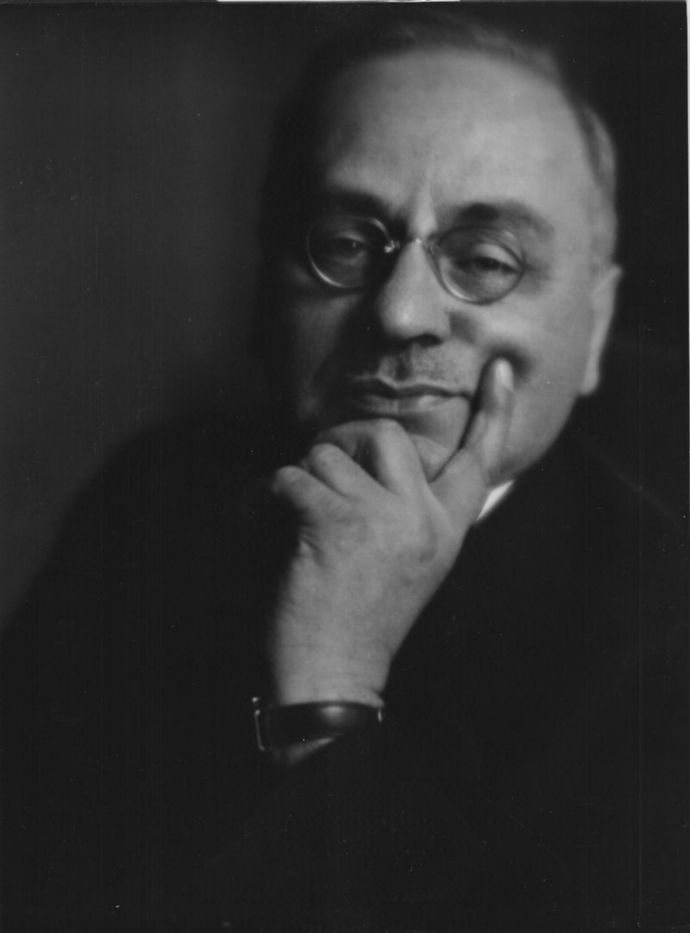
Freud, Jung, Adler’in inceleme yazılarını birleştiren bu kitap, yurdumuzda şimdiye kadar hiç işlenmemiş bir konuya ışık tutmaktadır; Psikanaliz açısından edebiyat. Psikanalizin, edebiyatın sorunlarına eğildiği kadar, edebiyat adamının kişiliğine bakması ile insanla eser arasındaki ilişkiler çözülmüş, aydınlık sonuçlara varılmıştır. Aydın okurun değer ölçütleriyle birleşeceğine inandığımız bu yapıtın, Selahattin Hilav’in kaleminden dilimize çevrilmesi, ayrı bir kazançtır. Psikanaliz Açısından Edebiyat kitabı Kısacık, okunası kitaplar listesinde yer almaktadır.
Authors

Dr. Sigismund Freud (later changed to Sigmund) was a neurologist and the founder of psychoanalysis, who created an entirely new approach to the understanding of the human personality. He is regarded as one of the most influential—and controversial—minds of the 20th century. In 1873, Freud began to study medicine at the University of Vienna. After graduating, he worked at the Vienna General Hospital. He collaborated with Josef Breuer in treating hysteria by the recall of painful experiences under hypnosis. In 1885, Freud went to Paris as a student of the neurologist Jean Charcot. On his return to Vienna the following year, Freud set up in private practice, specialising in nervous and brain disorders. The same year he married Martha Bernays, with whom he had six children. Freud developed the theory that humans have an unconscious in which sexual and aggressive impulses are in perpetual conflict for supremacy with the defences against them. In 1897, he began an intensive analysis of himself. In 1900, his major work 'The Interpretation of Dreams' was published in which Freud analysed dreams in terms of unconscious desires and experiences. In 1902, Freud was appointed Professor of Neuropathology at the University of Vienna, a post he held until 1938. Although the medical establishment disagreed with many of his theories, a group of pupils and followers began to gather around Freud. In 1910, the International Psychoanalytic Association was founded with Carl Jung, a close associate of Freud's, as the president. Jung later broke with Freud and developed his own theories. After World War One, Freud spent less time in clinical observation and concentrated on the application of his theories to history, art, literature and anthropology. In 1923, he published 'The Ego and the Id', which suggested a new structural model of the mind, divided into the 'id, the 'ego' and the 'superego'. In 1933, the Nazis publicly burnt a number of Freud's books. In 1938, shortly after the Nazis annexed Austria, Freud left Vienna for London with his wife and daughter Anna. Freud had been diagnosed with cancer of the jaw in 1923, and underwent more than 30 operations. He died of cancer on 23 September 1939.

Carl Gustav Jung (/jʊŋ/; German: [ˈkarl ˈɡʊstaf jʊŋ]), often referred to as C. G. Jung, was a Swiss psychiatrist and psychotherapist who founded analytical psychology. Jung proposed and developed the concepts of extraversion and introversion; archetypes, and the collective unconscious. His work has been influential in psychiatry and in the study of religion, philosophy, archeology, anthropology, literature, and related fields. He was a prolific writer, many of whose works were not published until after his death. The central concept of analytical psychology is individuation—the psychological process of integrating the opposites, including the conscious with the unconscious, while still maintaining their relative autonomy. Jung considered individuation to be the central process of human development. Jung created some of the best known psychological concepts, including the archetype, the collective unconscious, the complex, and synchronicity. The Myers-Briggs Type Indicator (MBTI), a popular psychometric instrument, has been developed from Jung's theory of psychological types. Though he was a practising clinician and considered himself to be a scientist, much of his life's work was spent exploring tangential areas such as Eastern and Western philosophy, alchemy, astrology, and sociology, as well as literature and the arts. Jung's interest in philosophy and the occult led many to view him as a mystic, although his ambition was to be seen as a man of science. His influence on popular psychology, the "psychologization of religion", spirituality and the New Age movement has been immense.

Austrian psychiatrist Alfred Adler rejected emphasis of Sigmund Freud on sexuality; his theories that personality arises in subconscious efforts and that from overcompensation for perceived inferiority results neurotic behavior and psychological illness base an Adlerian psychological school. People recognize emphasis of this medical doctor, psychotherapist, and founder of individual on the importance of the complex as isolating an element, which plays a key role in development. This Viennese of the best-known in the western world held a chair in the United States of America. His special merit made clear the interaction between external influences and internal dispositions. He therefore pioneered a holistic approach. https://en.wikipedia.org/wiki/Alfred\_...